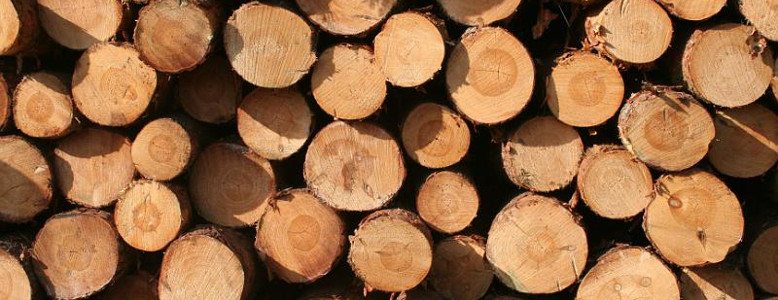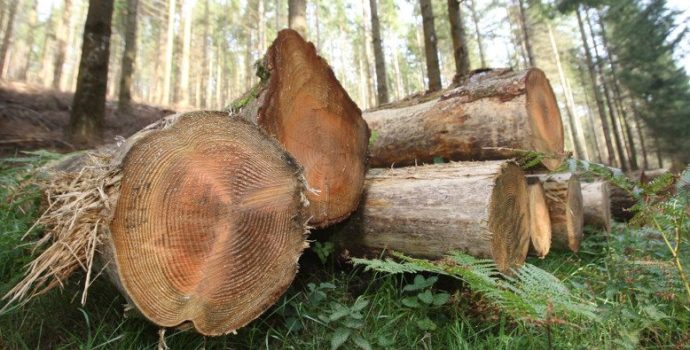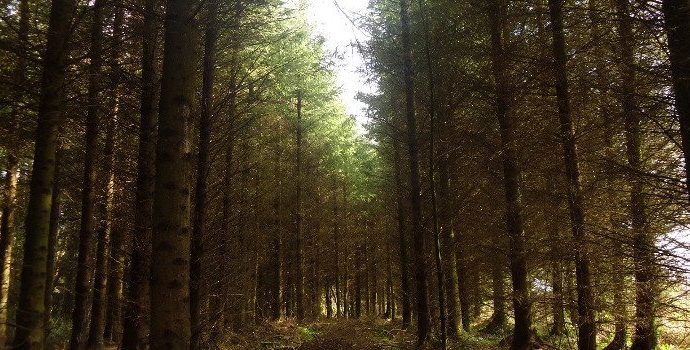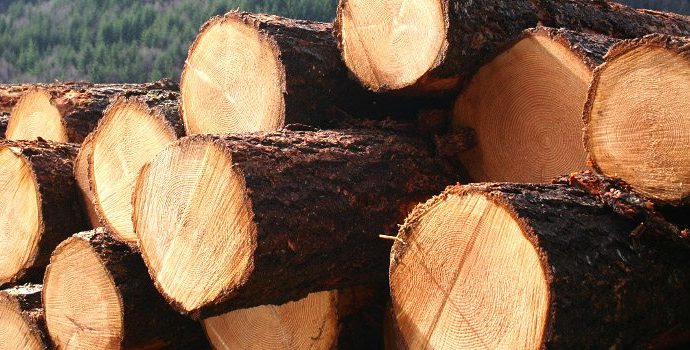Issues Need to be Resolved if Farmers Are to Drive Afforestation Programme

IFA Farm Forestry Chair Jason Fleming met with Minister McConalogue yesterday to convey farmers’ frustrations with forestry. He said delays in resolving issues continue to undermine confidence.
Ash Dieback
“Farmers are being told that they will be the drivers of the afforestation programme, but the reality is that farmers will be very slow to permanently convert land to forestry based on the experiences of some farmers, particularly those that have been affected by ash dieback,” he said.
At the meeting Jason Fleming called on the Minister to overhaul the Reconstitution and Underplanting scheme and compensate farmers for the financial costs of the disease to their ash woodlands, as a matter of urgency.
“The Minister assured me that the Department is reviewing the scheme and any changes introduced will to available to farmers who availed of supports under previous iterations of the scheme,” said Jason Fleming.
Jason Fleming acknowledged this is a positive development, but stressed the urgency in introducing a new scheme so that these farmers could move on.
Forest Programme
“It is now nearly five months since the new Forestry Programme with funding of €1.3bn was announced, yet approval is still pending. The delays will have serious implications for the targets set out in the Climate Action Plan 2023 to plant 8,000 hectares per annum up to 2025,” he said.
The Minister advised that discussions are progressing with the Commission and that the Department is working to get the programme open as soon as possible. He encouraged farmers with technical approval to plant under the Interim Afforestation Scheme (via General De Minimis) and avail of the higher grants and premiums announced under the new programme.
There are approx. 1,000 afforestation applications to plant 7,600 hectares currently in the system that satisfy this requirement.
The IFA Farm Forestry Chair highlighted that the requirement for farmers to set aside 35% of land area to non-productive areas (20% broadleaf planting and 15% areas of biodiversity enhancement) while only receiving a payment on the land for 20 years was a barrier to those considering planting.
“Farmers need to paid on this land beyond the 20 years and compensated for the loss of timber earnings. The pilot Payment for Ecosystem Service announced under the programme is positive but we need to see this expanded and paid beyond the seven years proposed.”
Non-farmer planting
There was a lengthy discussion on the lack of safeguards with regards to the scale of non-farmer planting that had taken place under the previous programme and the socio-economic implications for rural communities.
The Minister stated that the Government had tried to address this by increasing the duration of premium payments for farmers to 20 years under the new programme, compared with 15 years for non-farmers. It was hoped that increased incentives will mean that farmers will be the primary beneficiaries of the new grants and premiums under the new programme.
“The scale of non-farmer planting under the previous programme is a serious concern to rural communities, and the possible negative impacts on rural towns and villages needs to be fully understood,” Jason Fleming said.
In 2020, according to the figures published by the Department non-farmer planting accounted for 86% of new planting.
“It cannot be planting at any cost to meet afforestation targets. Research is needed to fully understand the impacts of non-farmer planting on rural communities, particularly in areas of the country where the density of the non-farmer within townlands is significant.”
He concluded that if it is policy that farmers are to be the driver of the afforestation programme, then safeguards are needed to ensure this happens.




